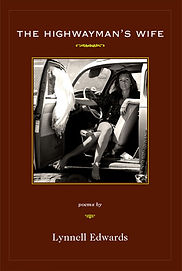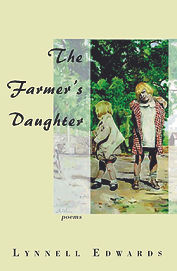top of page

COVET
covet (kúh-vit) v. tr.: to desire, esp. to desire eagerly, to wish for, long for. As in to covet another’s belongings, the ghosts of households and fixtures, their voices or warnings. Ex: she coveted the fine table, the rich furnishings of her neighbor’s home. As in to covet the past, a lost year, a lost life or one not lived. Ex: turning the photograph of her parents over in her hand, she imagined their happiness and coveted what might have been. As in to eagerly wish for the health, well-being of one for whom responsibility is given, or a child. Ex: she coveted, above all, happiness for her sons. Or, to want that (i.e. person) which one may not have, desire to possess another. Ex: thou shalt not covet.

Lynnell Edwards’s third poetry collection, Covet, is a fascinating, wide-ranging examination of desire. From the small and antique—a ‘Tinderbox Chamberstick w/Flint and Cover,’ say, to the middle distance of ‘Available Light’ and everyday life, to the wild freedom of turkey vultures ‘soaring / each spring over Pine Mountain,’ her poems are witty, lyrical, commonsensical, and marvelously bold. This is a book worth coveting
—Kelly Cherry
Lynnell Edwards’ new collection of finely wrought poems invites us to join her pacing the quotidian, where the objects and furniture of other peoples’ lives can be as covetous as ghosts. Here we find ourselves settled and unsettled, able to touch the absence in the passages of joy. Such things as coyotes and domestic life are faced with wry humor and a ‘salted grace,’ and an age-dulled prism becomes a ‘lost slipper of light.’ This fine poet’s ability to ‘see into the life of things,’ as Wordsworth put it, makes her third book a quiet revelation and a necessary read.
—David Mason
bottom of page
.jpg)



